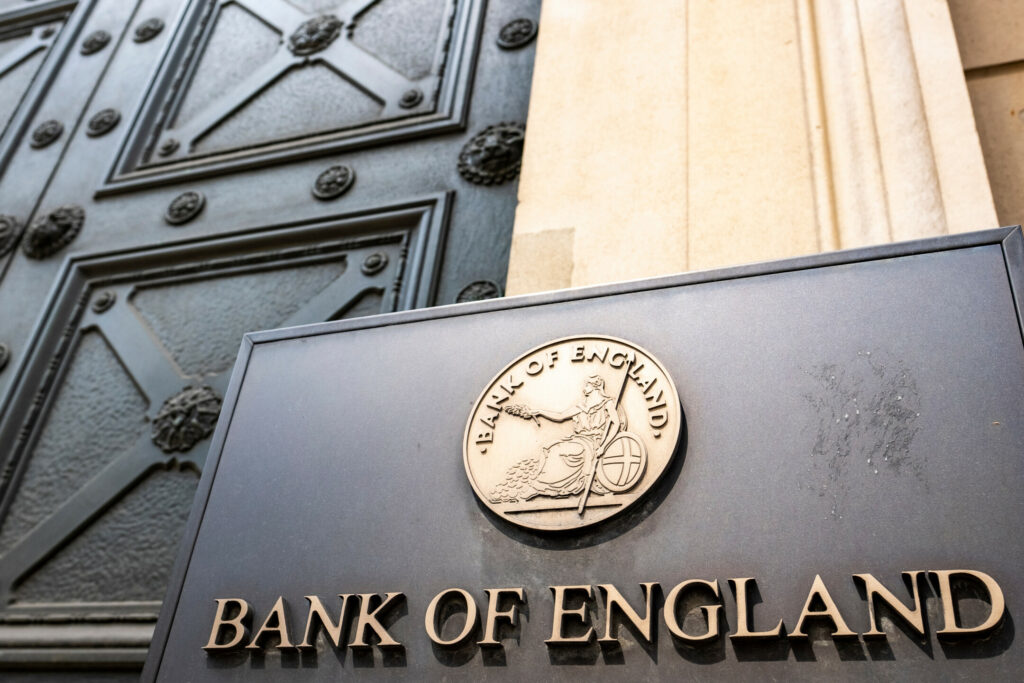New UK Inflation rate: 3.4%
Yesterday’s release of the latest inflation data in the United Kingdom brings both relief and anticipation. With the inflation rate now running at 3.4%, down from 4%, and marking the lowest level in two and a half years, there’s a tangible sense of moderation in price pressures. This shift not only suggests a potential easing of burdens on consumers but also hints at a more favourable environment for the property market. Let’s delve into the nuances of this report, exploring its positive economic impacts and the ripple effects it may have on the housing sector.
Key Takeaways
- UK inflation rate down to 3.4%
- Consumer relief with lower inflation
- Business stability & potential export boost
- Cheaper mortgages & increased property market activity
Understanding the Inflation Data
Inflation, the rate at which prices for goods and services rise over time, is a crucial economic indicator. The latest figures indicate a notable slowdown in the pace of inflation, signifying a more subdued rate of price increases compared to previous months and marking the lowest level seen in two and a half years.
Positive Economic Implications
The moderation in inflation brings several positive implications for the UK economy:
Consumer Relief & Better Purchasing Power
Lower inflation rates translate to less pressure on household budgets. With prices rising at a slower pace, consumers can stretch their incomes further, enhancing their purchasing power. This could stimulate spending, a key driver of economic growth.
Business Stability
Predictable inflation rates provide businesses with a more stable operating environment. They can plan investments, expansion strategies, borrow for less interest and make pricing decisions with greater confidence, fostering economic stability and sustainability.
Export Competitiveness
Moderate inflation rates can bolster the competitiveness of UK exports in international markets. With prices remaining relatively steady, exporters may find it easier to maintain market share and explore new business opportunities abroad.
Impact on the Property Market
The connection between inflation and the property market is intricate, with lower inflation rates potentially triggering several key developments:
Cheaper Mortgages
A decrease in inflation often prompts central banks to consider lowering interest rates. In the UK, this could lead to a reduction in the base rate, influencing various lending rates, including mortgage rates. Cheaper mortgages make home ownership more accessible, encouraging prospective buyers to enter the market or upgrade to larger properties.
Increased Activity
Lower borrowing costs typically stimulate housing market activity. With more affordable financing options available, demand for homes may rise, potentially leading to an uptick in property transactions. This heightened activity could contribute to a more dynamic real estate sector, benefiting both buyers and sellers.
Refinancing Opportunities
Existing homeowners may seize the opportunity to refinance their mortgages at lower rates. By reducing their monthly mortgage payments, homeowners can free up disposable income for other purposes, such as home improvements, savings, buy to let purchase or investments.
In conclusion, the latest inflation report in the UK offers a ray of positivity for both the economy and the property market. With inflation moderating to its lowest level in two and a half years and the prospect of cheaper mortgages on the horizon, there’s reason to be cautiously optimistic about the future. However, it’s essential to remain vigilant and adaptable in the face of evolving economic conditions, ensuring prudent financial management and strategic decision-making.
FAQs
How does inflation affect interest rates?
Inflation influences interest rates through monetary policy decisions made by central banks. When inflation is high, central banks (in this case The Bank of England) may raise interest rates to curb spending and prevent the economy from overheating. Conversely, during periods of low inflation or economic downturns, central banks may lower interest rates to stimulate borrowing and spending, thereby encouraging economic activity.
How do lower mortgage rates impact the housing market?
Lower mortgage rates make home ownership more affordable, as borrowers pay less interest on their loans. This can stimulate demand for homes, potentially driving up property prices and increasing market activity. Additionally, lower mortgage rates may incentivize existing homeowners to refinance their mortgages, freeing up funds for other expenditures or investments.
How should individuals respond to changes in inflation rates?
Individuals can adapt to changes in inflation rates by carefully managing their finances. During periods of high inflation, it’s essential to budget wisely, seek out cost-saving measures, and consider investing in assets that can preserve purchasing power, such as real estate. Conversely, during periods of low inflation or deflation, individuals may focus on capital preservation, reducing debt, and taking advantage of investment opportunities that offer stable returns. It’s always best t speak with a qualified financial advisor who can provide tailored guidance based on individual circumstances and goals, before making any decisions.











